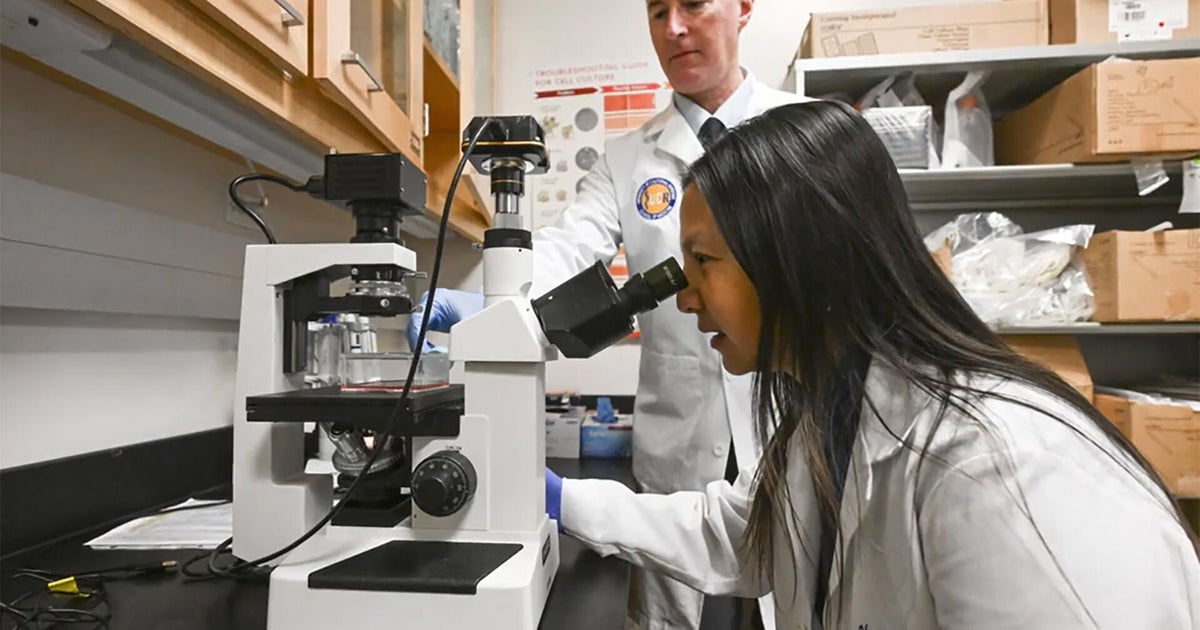Health Expert’s Opinion on Trump’s Medical Research Cuts
Dr. Timothy Johnson, a longtime network TV medical reporter and founding editor of the Harvard Medical School Health Letter, has expressed his concerns about the Trump administration’s decision to cut more than $1.8 billion in grants from the National Institutes of Health (NIH).
The Risks of Destroying US Medical Research Infrastructure
According to Dr. Johnson, these cuts risk destroying the US medical research infrastructure and prompting a "brain drain" of scientists to other countries. He believes that this decision will have severe consequences for the advancement of medical research and the development of new treatments and cures.
The Impact on Scientists and Research
The NIH grants are crucial for funding medical research and supporting scientists in their work. By cutting these grants, the Trump administration is putting the careers of many scientists at risk and undermining the progress that has been made in medical research. Dr. Johnson warns that this decision will lead to a loss of talent and expertise, as scientists may be forced to seek opportunities in other countries where funding is more secure.
The Long-Term Consequences
The long-term consequences of these cuts will be devastating for the US medical research community. Dr. Johnson predicts that the loss of funding will lead to a decline in the quality and quantity of medical research, ultimately affecting the health and well-being of the American people. He emphasizes that the NIH grants are essential for supporting innovative research and developing new treatments, and that cutting them will have far-reaching and damaging consequences.
A Reckless Decision
Dr. Johnson describes the Trump administration’s decision to cut NIH grants as "ruthless destruction" and "reckless." He believes that this decision demonstrates a lack of understanding of the importance of medical research and the role that the NIH plays in supporting it. He urges the administration to reconsider its decision and to prioritize the funding of medical research to ensure the continued advancement of medical knowledge and the development of new treatments and cures.

